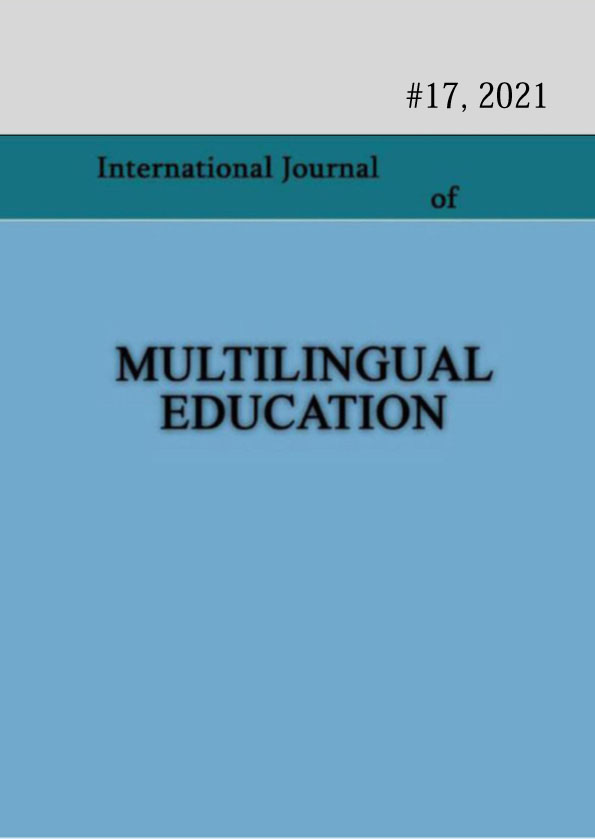Pluricentrity, Multilingualism and Heterogeneity of the Learners’ Groups
Keywords:
language learning in higher education, heterogeneous classroom, heritage language speaker, Russian as a pluricentric language, Russian language learnersAbstract
Multilingualism, superdiversity, and the abundance of language contacts place new demands on language teachers, who must consider each student’s linguistic biography, family language policies, and cultural practices in order to keep up with their growth in a specific school vs. university subject. Many more languages are becoming pluricentric as they continue to be used in migrating populations. So, they decline or flourish in diaspora and introduce heritage language learners as people with special needs into regular classrooms. Using Russian as an example, the paper suggests methods for organizing language instruction of varied speakers and learners in a heterogeneous integrated university classroom.
Published
How to Cite
Issue
Section
License

This work is licensed under a Creative Commons Attribution-ShareAlike 4.0 International License.

